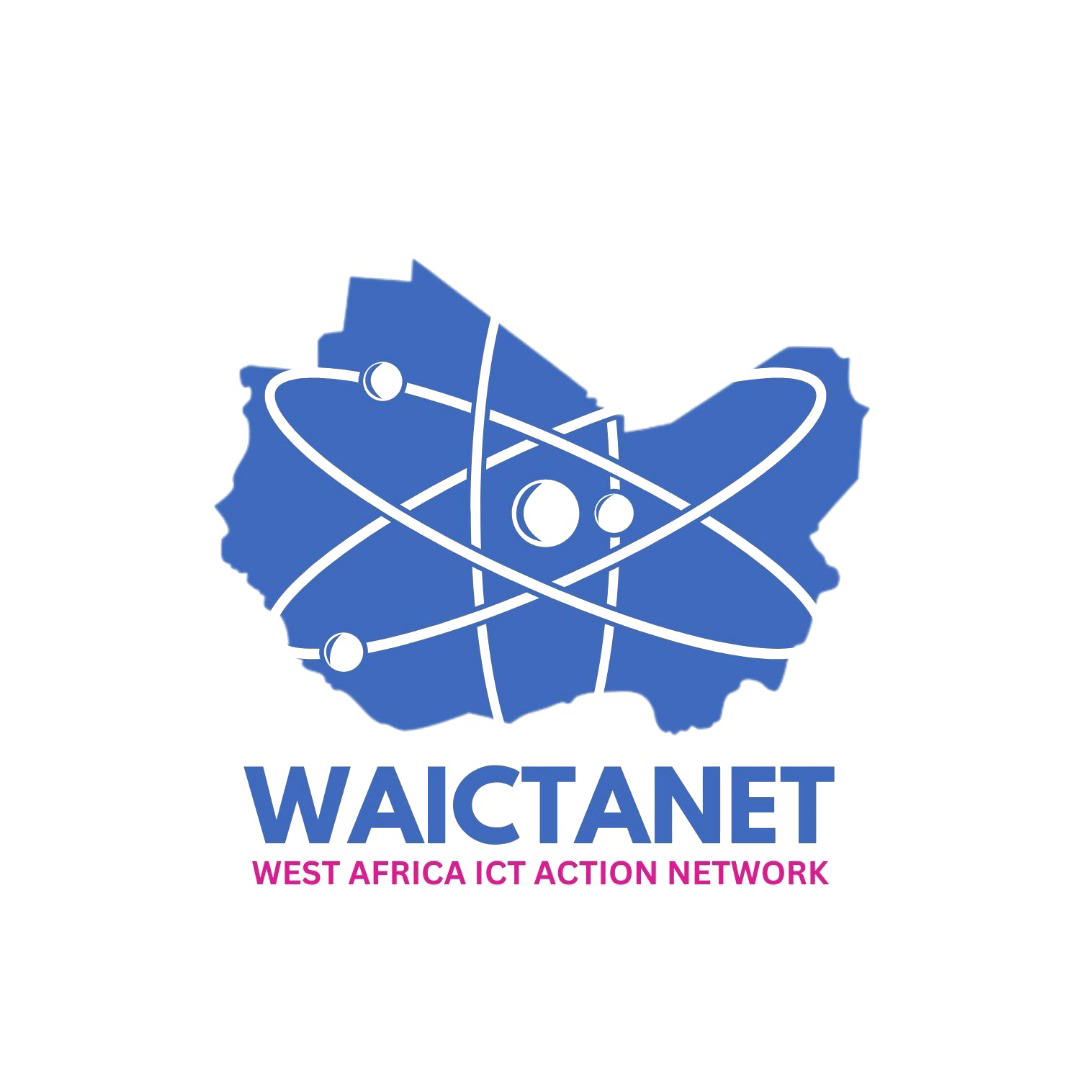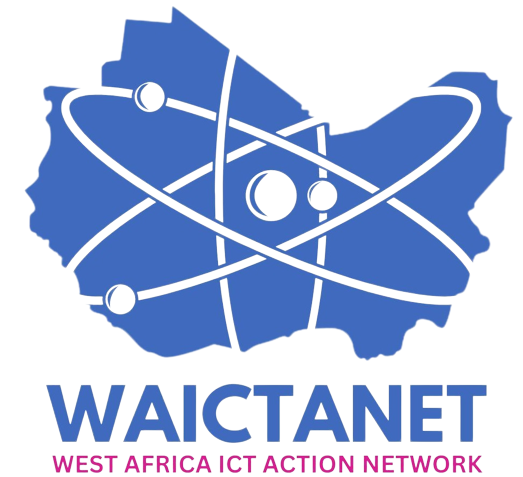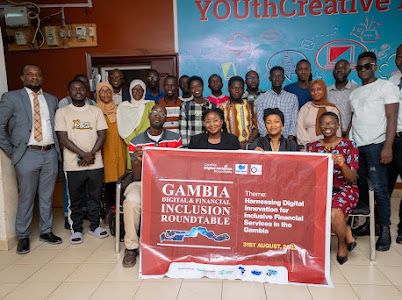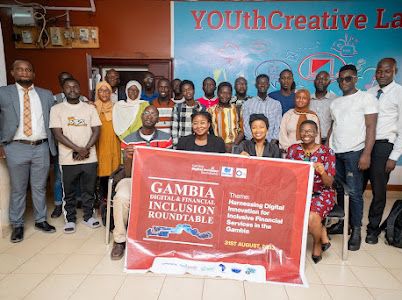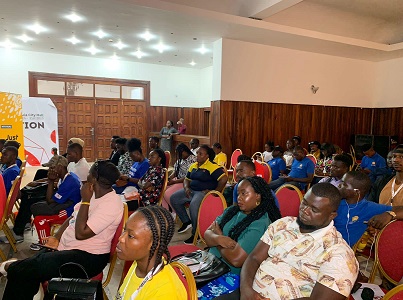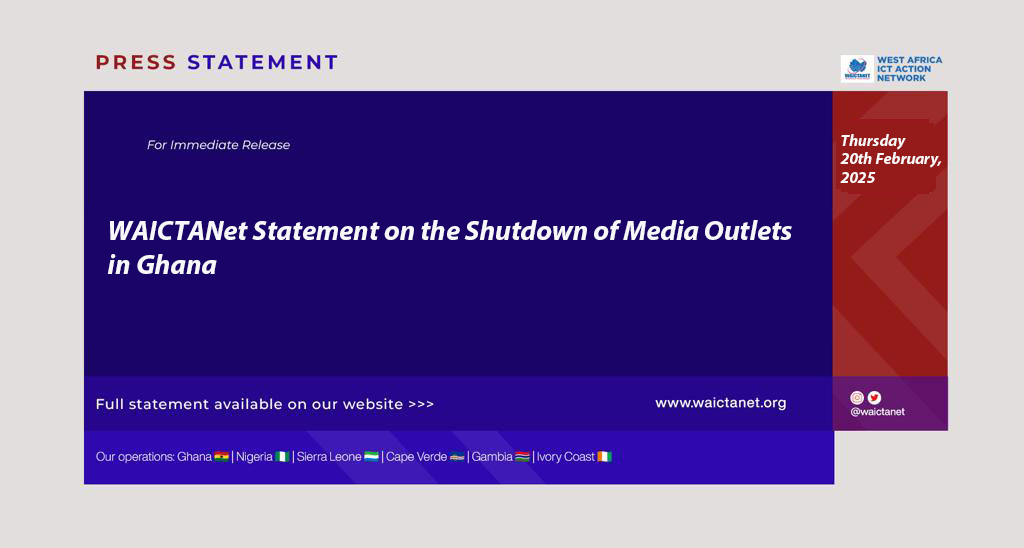WAICTANet Statement on the Shutdown of Media Outlets in Ghana
The recent directive by Ghana’s Minister for Communication, Digital Technology, and Innovations to suspend the operations of seven radio stations, citing national security concerns and non-compliance with licensing regulations, raises critical questions about media freedom, regulatory enforcement, and transparency in governance.
As an organization committed to digital rights, open governance, and media sustainability across the West Africa region, West Africa ICT Action Network (WAICTANet) acknowledges the importance of enforcing media regulations to ensure compliance with the law and prevent the misuse of the airwaves. However, we also recognize that regulatory decisions affecting media houses must be undertaken with utmost fairness, transparency, and due process to safeguard press freedom and the public’s right to information.
The enforcement of media regulations should not create an environment of uncertainty or fear among journalists and broadcasters. The shutdown of a media outlet should always be a measure of last resort, preceded by due process, clear communication, and opportunities for compliance where possible. When media freedom is threatened, democracy is weakened.
Peterking Quaye, Executive Director of WAICTANet, emphasized the need for a measured and transparent approach,”Regulating the media space is necessary to ensure professionalism, compliance, and responsible journalism. However, any regulatory action must be guided by the principles of fairness, transparency, and respect for democratic values. Governments must not only uphold the rule of law but also recognize that press freedom is a pillar of democracy. The actions taken must not be seen as politically motivated or as an attempt to silence dissenting voices.”
The Ghanaian government’s explanation that some stations failed to renew their licenses or meet statutory requirements highlights a compliance issue that could have been better addressed through proactive regulatory engagement, rather than abrupt shutdowns. On the other hand, the closure of Gumah FM on national security grounds raises concerns about the process followed and whether alternative measures were considered before taking such a step.
WAICTANet firmly calls for greater transparency and due process in media regulation, emphasizing that regulatory bodies must operate with full transparency by publicly sharing frequency audit details to prevent perceptions of political bias, ensuring independent oversight by empowering the National Media Commission (NMC) as the constitutionally mandated media regulator to handle media-related disputes instead of political figures, and fostering dialogue by engaging media stakeholders, civil society organizations, and journalists before taking drastic actions like shutdowns.
The Electronic Communications Act, 2008 (Act 775) mandates the National Communications Authority (NCA) to publish notices on license applications, grants, and refusals in the Gazette and on its website, ensuring transparency and preventing perceptions of political bias; the National Media Commission Act, 1993 (Act 449) establishes the National Media Commission (NMC) as the independent body responsible for promoting media freedom, investigating and settling disputes, and ensuring regulatory decisions are free from political influence; and the same Act empowers the NMC to engage media stakeholders, civil society organizations, and journalists to uphold journalistic standards through dialogue before enforcing actions like shutdowns.
Protecting Press Freedom While Enforcing Regulations : Regulatory compliance and media freedom are not mutually exclusive. A well-regulated media environment strengthens journalism, enhances accountability, and ensures the airwaves are used responsibly. However, regulations must be fairly and consistently enforced, and governments must resist any temptation to use regulatory tools to stifle free speech. WAICTANet stands in solidarity with media professionals, advocates for a free and responsible press, and calls for greater dialogue, legal clarity, and adherence to democratic principles in media regulation.
